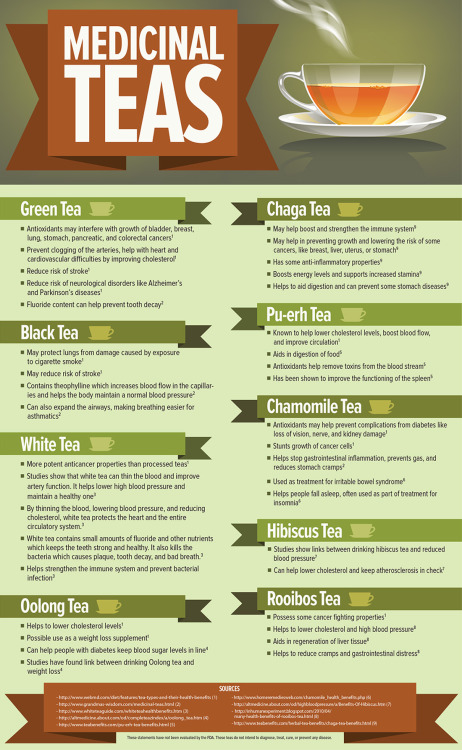#blood pressure
You know you have pots when you can barely stay upright during the day but start to feel somewhat functional again after 10pm
speakingintongues1983mp3download:
blood pressure Ain’t even real lol. *stands up and immediately
When you are old A/F but still like to get down

Uncontrolled blood pressure, diabetes may be common among people with heart failure - AHA
Uncontrolled blood pressure, diabetes may be common among people with heart failure – AHA
Many people with heart failure also have diabetes or high blood pressure. But new research suggests those conditions, even when treated, aren’t well controlled, placing people at risk for worsening heart problems, according to the American Heart Association (AHA).
Photo by Pavel Danilyuk on Pexels.com
“We know that controlling hypertension and diabetes is critical for people with heart…

Rituales del placer: Chocolate
Dark chocolat is not only very high in antioxidants, but it can also lower blood pressure and help with insulin sensitivity. (The American Journal of Clinical Nutrition 2005)
These photos in a wine tasting made by me. You can see the chocolat desserts made by one of my students Remember the resveratrol content in red wine.
Eduardo Orozco
Post link

Endlich Urlaub und das wichtigste ist mit im Gepäck…
Our “summer” vacation started at last ! and the most important things are of course in our luggage….
It’s quite likely that most people who end up in the vicinity of a scorpion will more than likely beat a hasty retreat, not least because they can impart a potentially life threatening dose of venom should one get stung.
But scientists are now finding that the venom from these creatures, along with snakes and spiders, could be beneficial in treating heart attacks. Scorpion venom in particular contains a peptide that has been found to have a positive impact on the cardiovascular system of rats with high blood pressure. Reporting their findings in Journal of Proteome Research, scientists from Brazil, Canada and Denmark say that they now have a better understanding of the processes involved.

Emperor Scorpion
Scorpion venom is a complex mixture of molecules including neurotoxins, vasodilators and antimicrobial compounds, among many others. Individual venom compounds, if isolated and administered at the proper dose, could have surprising health benefits, the researchers say.
One promising compound is the tripeptide KPP (Lys-Pro-Pro), which the researchers say is part of a larger scorpion toxin. KPP was shown to cause blood vessels to dilate and blood pressure to decline in hypertensive rats.

A blood vessel on organic tissue
To understand how KPP worked, the researchers treated cardiac muscle cells from mice, in a Petri dish, with KPP and measured the levels of proteins expressed by the cells at different times using mass spectrometry. They found that KPP regulated proteins associated with cell death, energy production, muscle contraction and protein turnover. In addition the scorpion peptide triggered the phosphorylation of a mouse protein called AKT, which activated another protein involved in production of nitric oxide, a vasodilator.
Treatment with KPP led to dephosphorylation of a protein called phospholamban, which led to reduced contraction of cardiac muscle cells. Both AKT and phospholamban are already known to protect cardiac tissue from injuries caused by lack of oxygen. The researchers said that these results indicate that KPP should be further studied as a drug lead for heart attacks and other cardiovascular problems.

Conceptual image for cardiovascular problems .
DOI:10.1021/acs.jproteome.0c00290
Written by Muriel Cozier. You can find more of her work here.
So, I’ve noticed a trend at my new clinic wherein more than one technician has been notating blood pressures like this:
“100, 102, 103 MAP 101″
And I am confused. They’re getting blood pressures with a doppler and it is highly questionable whether or not you can obtain a true diastolic measurement with the doppler, so I’m not sure how they’re doing this.
Unless… they think the MAP is just the average of the three systolic measurements? I was always taught that MAP = DBP + 1/3(SBP-DBP). Am I wrong? The training coordinator is doing this too, so it must be -ME- that is incorrect here. Help!





